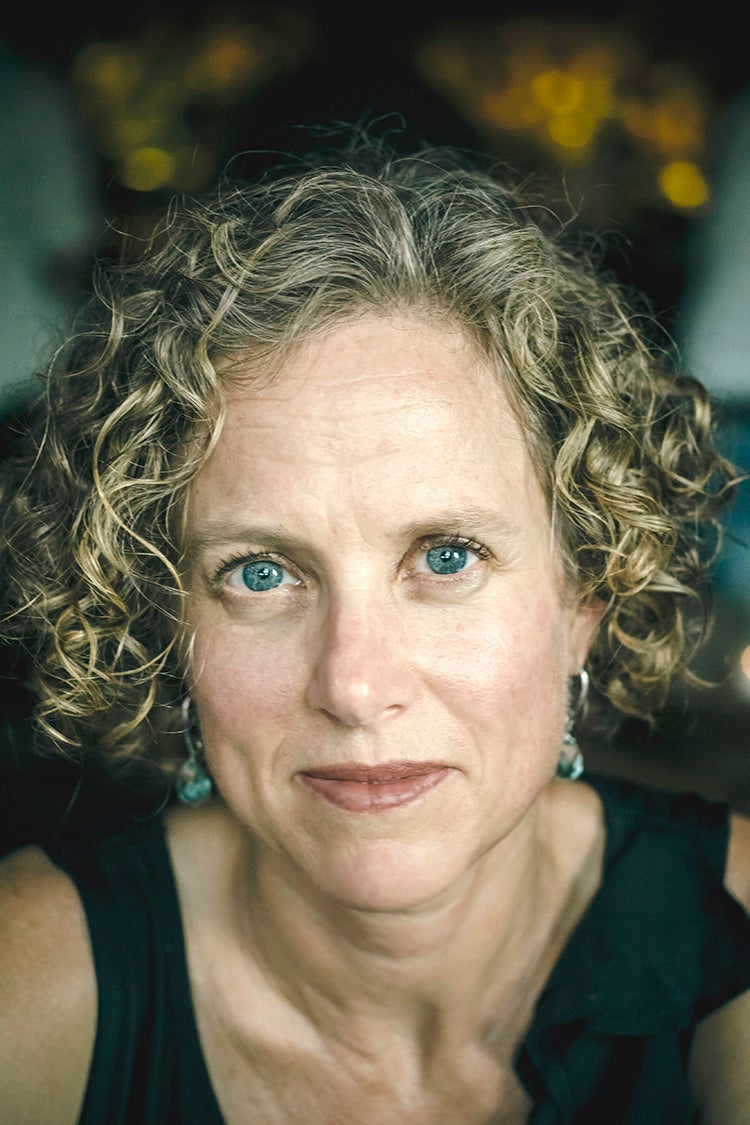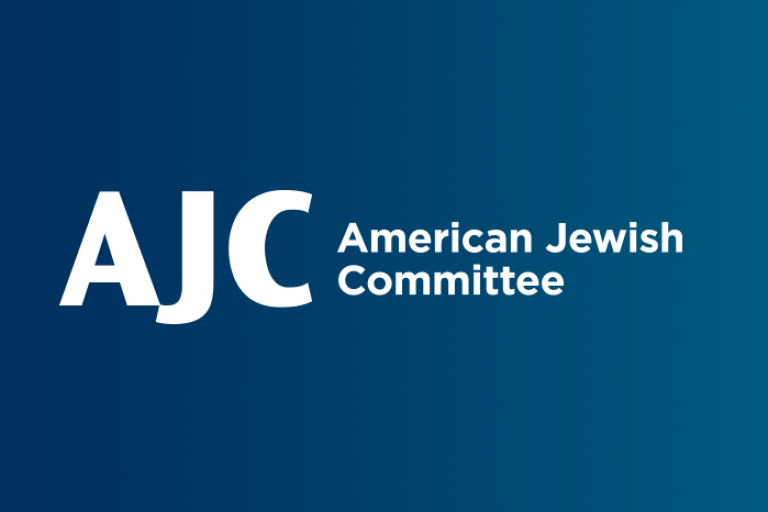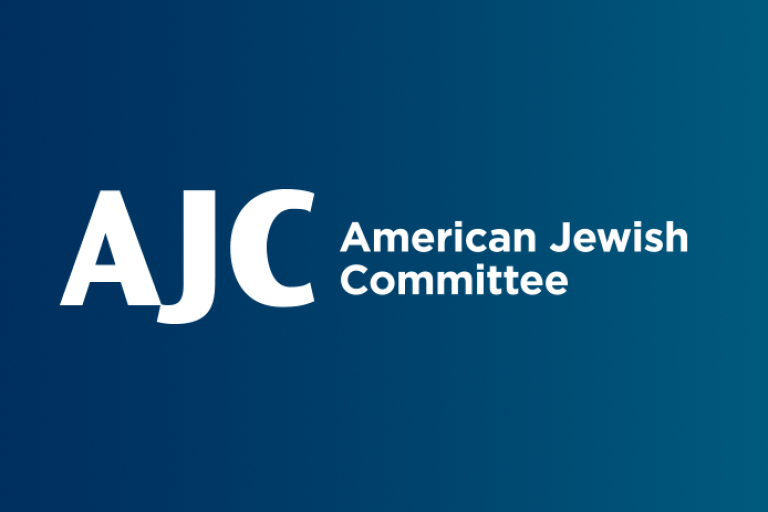June 14, 2018 — New York
This piece originally appeared in Times of Israel.
Religion is playing an increasingly pervasive role, threatening Indonesia’s national ideology, a tradition of pluralism, inclusiveness, moderation, and tolerance that is known as Pancasila. This trend is displayed most dramatically when terrorists strike at churches but has been manifest in the political realm for some time and was very clearly demonstrated in the important 2017 Jakarta local election.
The popular governor, Basuki Tjahaja Purnama, known as “Ahok,” a Christian Indonesian of Chinese ancestry who is close to President Joko Widodo, was falsely accused and ultimately convicted of blaspheming Islam. Ahok had been leading in the polls by a wide margin until the “212 Movement,” a coalition of extremist groups including the Islamic Defenders Front (FPI), which advocates placing Indonesia under Islamic law, organized massive rallies against him. Ahok ultimately lost the election to the candidate supported by the Islamic groups and is currently doing jail time for the alleged blasphemy.
This is just one example of the heightening religious and ethnic tensions in Indonesia. Extremists are drawing divisions between Indonesians and utilizing mass demonstrations and social media as rallying points to garner support, threatening the country’s harmonious social fabric. When those tensions devolve into violence and terrorist acts, such as the recent ISIS-inspired terrorist attacks on churches and police in Surabaya, the country’s second largest city, national security is threatened.
With local elections for governorships, district heads, and mayors taking place this month and a presidential election slated for the spring of 2019, politicians are sitting on a powder keg as religion is utilized to stir up resentments, arouse suspicion, and question patriotism. The candidates’ records and policies are taking a back seat to their religious affiliation and demonstrations of religious devotion, as identity politics become the dominant strategy to divide communities and attract voters.
Within the Muslim community, there is a struggle between moderates and conservatives over the nature of Indonesian Islam and its manifestations in political and social structures, institutions, and culture. Two starkly different futures for Indonesia are envisioned by the opposing factions: one wants to continue the democratic Indonesia of today, where no religion has primacy over another, while the other wishes for a state that reflects the majority Muslim demographic by being governed under Islamic law.
Judaism, Jews, and Israel are not part of this battle, nor in any way part of the rift within Indonesian Muslim society, yet they come into play as tools in today’s ugly political climate. The vast majority of the public conflates the three terms with little or no distinction between them, and all three are negative.
The Jewish community in Indonesia is miniscule – some 100 people in a country of 250 million – so direct knowledge of Judaism and Jews is entirely absent. Acquaintance with Israel is overwhelmingly associated with the Palestinian-Israeli conflict, with Indonesian Muslims siding firmly with their Muslim brethren. As in many other countries across the world, there is only the vaguest of understanding of the conflict itself. Identifying Israel as a colonialist state, Indonesia refuses to recognize Israel’s legitimacy and establish diplomatic relations. While many moderate Muslims tend to view Jews and Israel with more open minds than their conservative brothers and sisters, they, too, sometimes adopt the same stereotypes that color overall public perceptions. Antisemitism is not limited to the Muslim community but is also widespread in non-Muslim communities. Stemming from ignorance, it is fed by global conspiracy theories and misinformation.
Prior to a recent visit to Jakarta, several Indonesian friends sympathetic to my organization’s advocacy goals advised my colleague and me not to seek certain meetings, particularly with government officials, because regardless of the individual’s personal willingness to meet with us, the timing was too sensitive.
We were told that, as representatives of an American Jewish organization, the “taint” from meeting with us, should the meeting be exposed publicly (primarily on social media), was too great a risk. We were advised to save those meetings, especially political engagements, for after the 2019 presidential election, when, it is hoped, the tensions will subside.
Nevertheless, we proceeded with our visit as planned. Our meetings with Indonesians of various faiths were enlightening. We found an eagerness to learn about Jews, Judaism, and Israel. Many Indonesians are interested in establishing ties that can strengthen Indonesia and cement its place as a pluralistic nation where democratic values are secure.
Seeking a better understanding of the Jewish community and Israel amongst Indonesians, as well as strengthening our own understanding of Indonesia and its pluralistic heritage and current challenges, remain important goals.
Free and fair elections this month without incitement and violence will bode well for Indonesia’s future.
Shira Loewenberg is Director of the American Jewish Committee’s Asia Pacific Institute.



